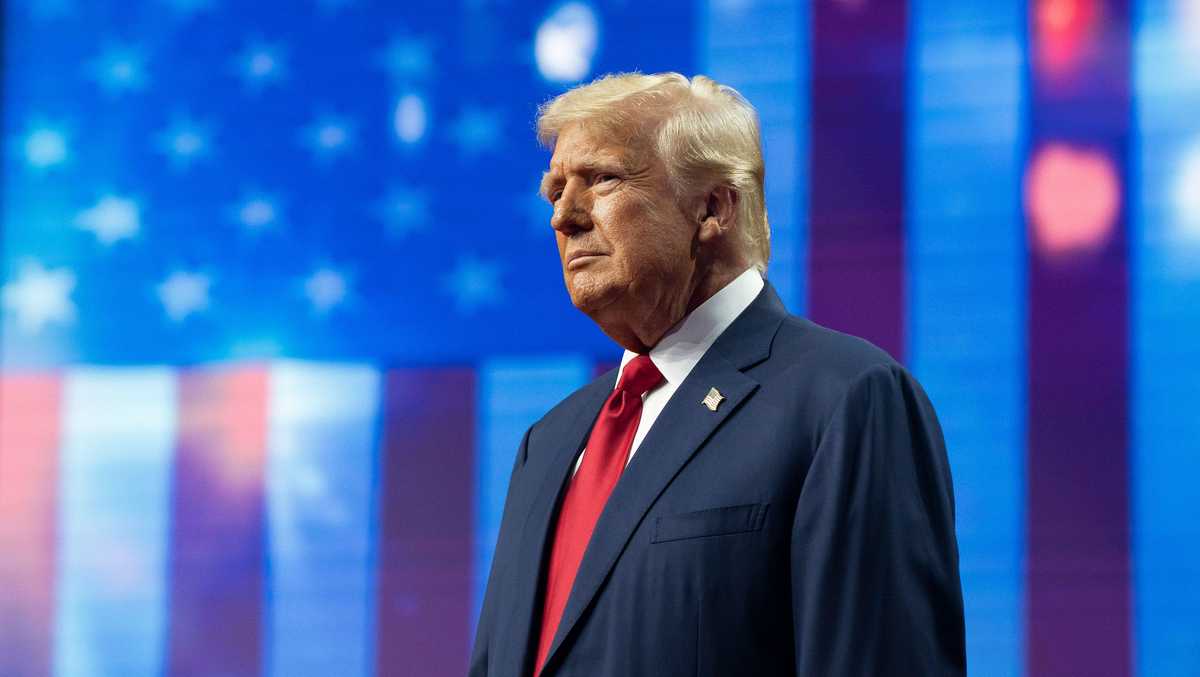Trump Indictment Revised After Supreme Court Ruling

Special counsel Jack Smith has filed an amended indictment against former President Donald Trump in the January 6th election interference case, narrowing the scope of accusations in light of a recent Supreme Court ruling on presidential immunity.
While the four initial charges against the 2024 presidential nominee remain unchanged, the revised indictment removes certain allegations concerning Trump's alleged attempts to misuse the Justice Department to bolster his claims of election fraud. The indictment also refines the language used by prosecutors to describe Trump's alleged efforts to subvert the election results.
"The superseding indictment, which was presented to a new grand jury, reflects the Government's commitment to respecting and adhering to the Supreme Court's decisions in Trump v. United States," stated the special counsel's office.
Distinguishing Official and Personal Duties
The revised indictment repeatedly asserts that Trump held no constitutional presidential responsibilities regarding the post-election transition of power. This emphasis aims to align the charges with the Supreme Court's decision, which granted immunity for certain actions within the scope of presidential authority.
For instance, prosecutors highlighted the Electoral College certification proceedings that took place during a joint session of Congress on January 6th, 2021. The indictment alleges that Trump illegally obstructed the certification process.
"The Defendant had no official responsibilities related to the certification proceeding, but he did have a personal interest as a candidate in being named the winner of the election," the superseding indictment clarifies, a statement not present in the original document.
Another example involves a lawsuit filed by Trump's campaign challenging the results in Georgia, where he narrowly lost. The original indictment stated the lawsuit was "filed in his name," while the revised version specifies it was "filed in his capacity as a candidate for President."
Trump has maintained his innocence, pleading not guilty to all charges.
The revised indictment reflects the ongoing legal battle surrounding Trump's actions in the aftermath of the 2020 election. The Supreme Court's ruling has introduced new complexities, compelling prosecutors to adjust their approach while still pursuing their case against the former President.





